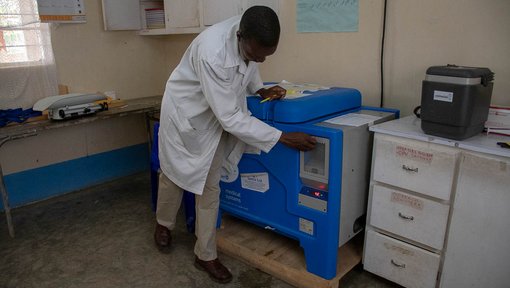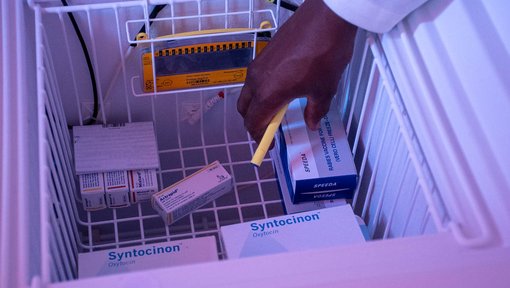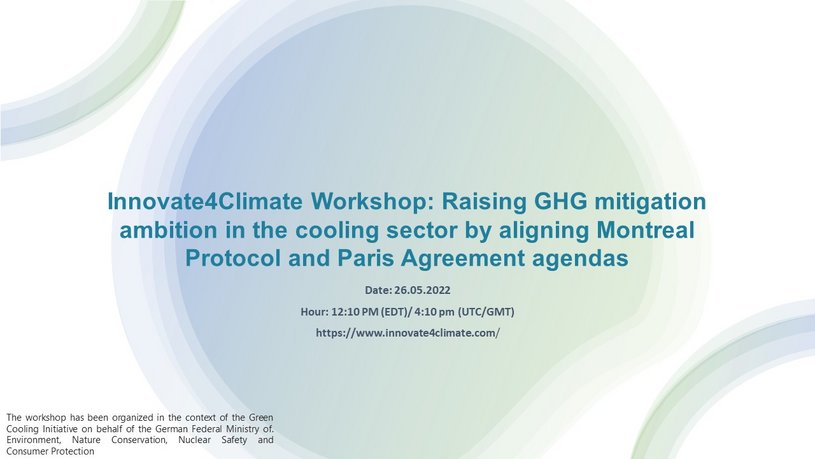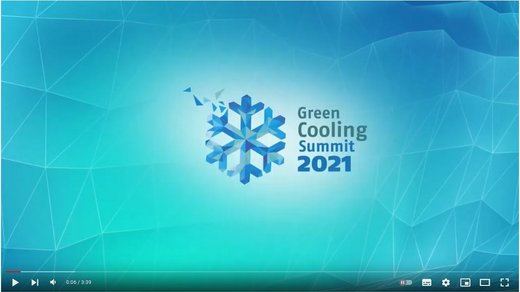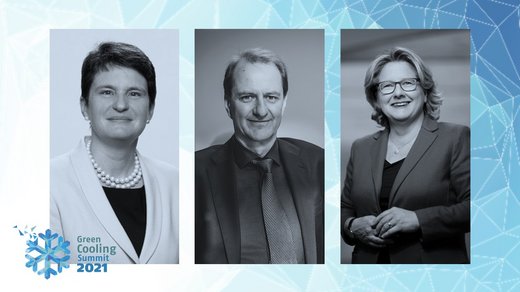On May 26, 2022 at 12:10 pm (EDT)/ 4:10 pm (GMT/UTC) a virtual workshop will be held on: Raising greenhouse gas (GHG) mitigation ambition in the cooling sector by aligning Montreal Protocol and Paris Agreement agenda. The workshop forms part of the agenda of the annual Innovate4Climate (I4C) conference.
The cooling sector is a significant contributor to global greenhouse gas (GHG) emissions, and, in light of rising temperatures and steady population growth, its impact will become even greater within the next decades. Therefore, fast track action is crucial in order to induce a transformational change towards climate-friendly Green Cooling technologies. Market-based approaches under Article 6 of the Paris Agreement (PA) can accelerate the reduction of hydrofluorocarbon (HFC) emissions, in addition to countries’ commitments under the Kigali Amendment (KA) to the Montreal Protocol. However, a crucial factor that needs to be considered when aligning the two regimes: the different approaches for accounting and reporting on HFC levels bear the risk to overestimate the reference levels against which emission reductions are measured. In the workshop, we will discuss how mitigation activities can be developed in a concerted manner to maximize benefits while safeguarding the environmental integrity of both regimes.
About Innovate4Climate (I4C)
The I4C is a global event on climate change action derived from Carbon EXPO (2003-2016). Over the past four years this conference has gained a worldwide reputation for high quality technical knowledge exchange. Each year the I4C has focused on various topics such as: climate research, climate markets and climate policy.
I4C 2022 (opens in a new window) will once again be held virtually from May 24-26. The conference allows for interaction and exchange of ideas on climate action with other participants. Within these three days, workshops and plenary sessions will take place where participants from the public and private sectors will be able to present their climate action initiatives and strategies that aim to achieve a low-carbon and resilient future.
Objective of the Workshop
The workshop aims to cover the following three topics:
Understanding of how KA and PA can positively influence countries’ ambitions in GHG mitigation by applying a harmonized approach to the compliance with both.
Presentation of two concrete marked-based GHG mitigation options (Green Cooling and sustainable refrigerant management) which raise ambition.
Exchange of views and concerns regarding conceptual and methodological aspects for the design and implementation of Article 6 market-based activities in the cooling sector.
Save the Date
Speakers
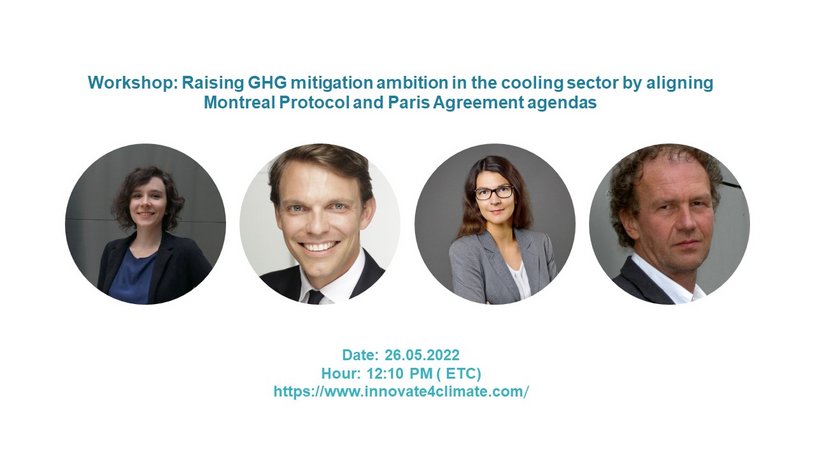
- Rachel Pekker, German Federal Ministry for Economic Affairs and Climate Action (BMWK)
Philipp Munzinger, Project Manager, GIZ Proklima
Daniela Laßmann, Consultant, Perspectives Climate Group
Joachim Schnurr, Consultant, GFA Consulting Group

